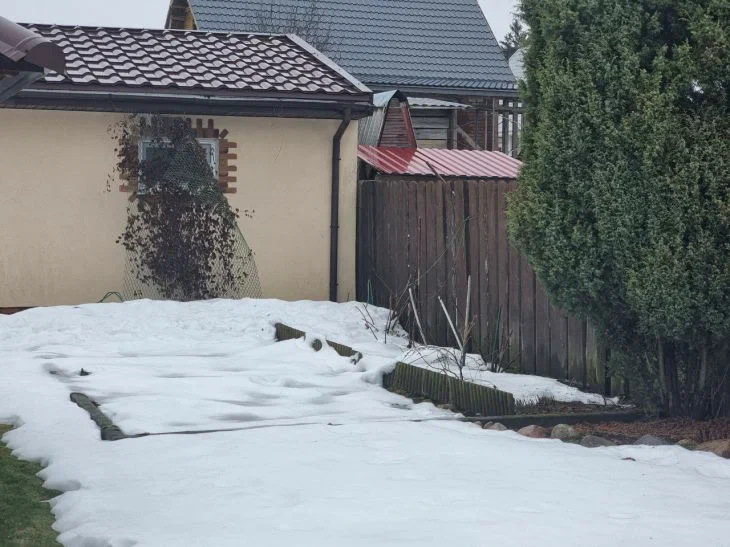You shouldn’t think that the frosts that have descended on the earth are a panacea for harmful insects.
Many of them successfully find shelter for themselves almost under your nose, where they spend the winter peacefully, and in the spring, with the arrival of warmth, they take up their dirty work with renewed vigor.
No one will protect your plot except you, so the expert of the online publication BelNovosti, scientist-agronomist, landscape designer Anastasia Kovrizhnykh advises not to sit idly by, but to try to find the uninvited guests and start destroying them.

Where to look for pests
As a rule, insects wait out the cold by hiding in the top layer of soil or in cracks in the bark.
There is nothing left to do but walk around the garden and carefully examine your possessions.
In the fallen leaves
Perhaps, it is impossible to think of a better place than fallen leaves and soil insulated with snow.
Weevils, gooseberry moths, sawflies, codling moths, bark beetles, cockchafer larvae and adults can hide here.
Therefore, be sure to remove the fallen leaves to burn them, dig up the soil, and at the very beginning of spring, cover the soil with a dense and heavy material, such as roofing felt, so that insects cannot get out. The cover can be removed after flowering.
On the bark and under the bark
Scale insect eggs, gypsy moth eggs, codling moth caterpillars and weevils can hide in the forks of branches, hollows and cracks, while bark beetle and woodworm larvae remain to overwinter in the wood itself.
To destroy the pests, spread a film or burlap under the tree and scrape off the egg-layings and cocoons with a scraper. They need to be burned.

